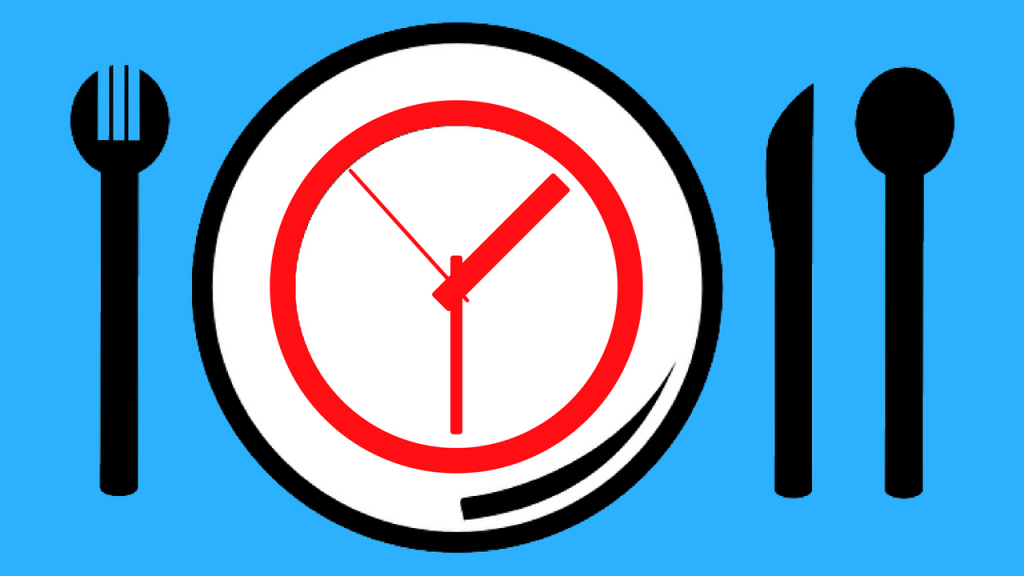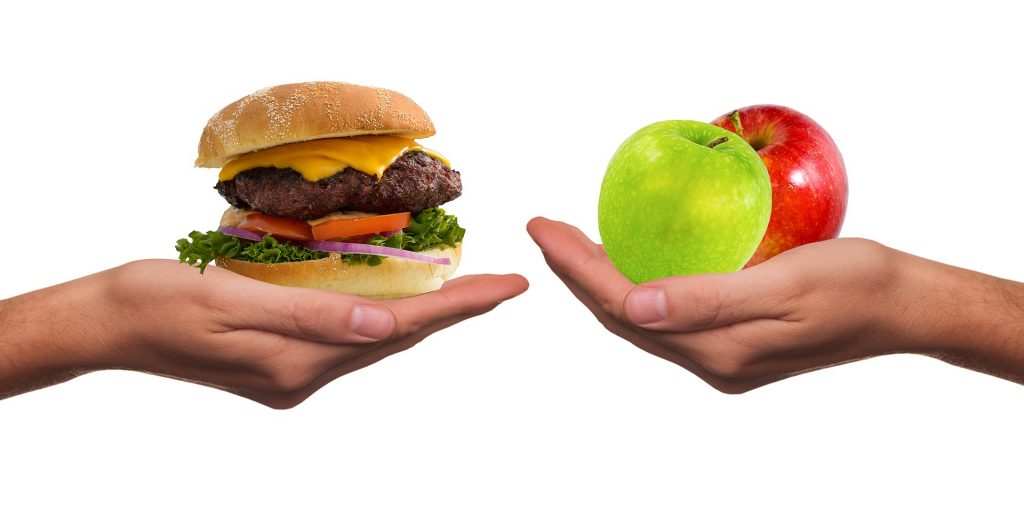Intermittent fasting (IF)
What is IF?
Intermittent fasting has become a popular dieting protocol recently that has long periods of not eating (fasting), followed by shorter windows of the day of eating. There are varying timescales of fasting vs. eating and all contain elements of the IF diet. As with all diets the principle works by restricting calorie intake. The chance are by limiting the time in which you eat, you will eat less calories (if you are making sensible food choices). It can be difficult to make sensible food choices and portion sizes on a traditional diet. With intermittent fasting it’s simple, you either eat or you don’t.
How long should I fast vs. eat?
There are loads of different IF diets available with varying degrees of eating and fasting. There is no definitive answer on which one is the best or which one will get the best results for you. I will give you the options and it’s up to you to self-experiment and find out which one works best for you and your lifestyle.
16/8 – As the name suggests, it recommends that you fast for 16 hours followed by an 8 hour feeding window. If you currently skip breakfast or aren’t hungry in the mornings you may find that you are already following this method without even realising it.
5:2 diet -The 5:2 diet incorporates two days within the week that are lower calorie days. You will eat normally for 5 days and choose 2 days within the week to only eat 500 – 600 kcals per day.
Eat-stop-eat – This method recommends fasting for 24 hours once or twice a week. Whether you decide to fast from dinner one day until dinner the next day or decide from breakfast to breakfast, it doesn’t really matter.
Alternate day fasting – You will be fasting every other 24 hours. Eat normally one day and then the next day either fast completely or limit your intake to below 500 kcals. This method is pretty hardcore for most beginners so I would ease into it before attempting this.
The warrior diet – The warrior diet recommends fasting throughout the day (only eating raw fruits and veg) and then feasting within a 4 hour eating window at night on one meal.
Meal skipping – Whilst this method isn’t an official IF strategy, it can be implemented within some success. If you don’t feel hungry or are running out of time, just skip a meal. This is more of a spontaneous method and should be dictated by your schedule and lifestyle.
Who would I recommend IF to?
I would recommend most people attempt an IF diet at some point in their lives. Most people follow an element of IF without even realising it. If you have your last meal at 8PM and don’t eat until 8AM, you have fasted for the last 12 hours. There are varying IF protocols with shorter or longer fasts from 12 hours up to 36 hours of fasting.
Self-experiments are important to help understand your own body and to see how your body reacts to certain situations. It’s also good to put yourself into difficult situations at times to stretch that comfort zone and realise you wont shrivel up into a floppy mess after 4-5 hours of not eating. You will be surprised how long you can go without eating and it can be a satisfying feeling of not being constrained by food.
Who would I NOT recommend IF to?
If you don’t have a healthy relationship with food and understand the balance of nutrients and calories within food, I would not recommend IF. If you have ever suffered with an eating disorder then you shouldn’t be dieting in general, let alone attempting IF. It can help perpetuate the starve/binge cycle of food with big portions of restriction followed by stuffing you face uncontrollably.
As with any diet, the most successful results come from those that can stick to it. If intermittent fasting doesn’t fit within your lifestyle and you struggle to manage social situations, family life and work within your fasting schedule, then maybe it isn’t for you. This applies to any diet that your are attempting, not just IF.
Can I just eat what I want?
No! This is a massive misconception with intermittent fasting. Your body still requires nutrients, vitamins, minerals, dietary fats and protein. By just stuffing your face with ‘junk food’ within a 4 hour feeding window your body will not receive it’s basic nutritional needs met and the chances are you will be eating more calories that your daily requirements. This will make the diet completely pointless and you may even gain weight.
Overview
At the end of the day, there is no magic solution to fat loss and IF doesn’t offer that. It can be a helpful way to lose body fat, but so can using more traditional diet techniques. If you want to skip meals and extend the periods of not eating, then go for it. If you want to graze and have meals every 3-5 hours then that is also fine. Both eating strategies can be an effective way to lose or gain bodyweight and I have clients that use both methods successfully.
I am not for or against IF, it is just another tool in the toolbox that can be used if it suits the individual. If you have any questions about IF or want to be coached through the process, then fill in the form below and I will be in touch to discuss.
Get in Touch
The brains, brawn and beauty of Dackattack (basically it’s just me). A personal trainer with a private gym in Norwich, dedicated to giving out simple, actionable advice that will give you outstanding results.


